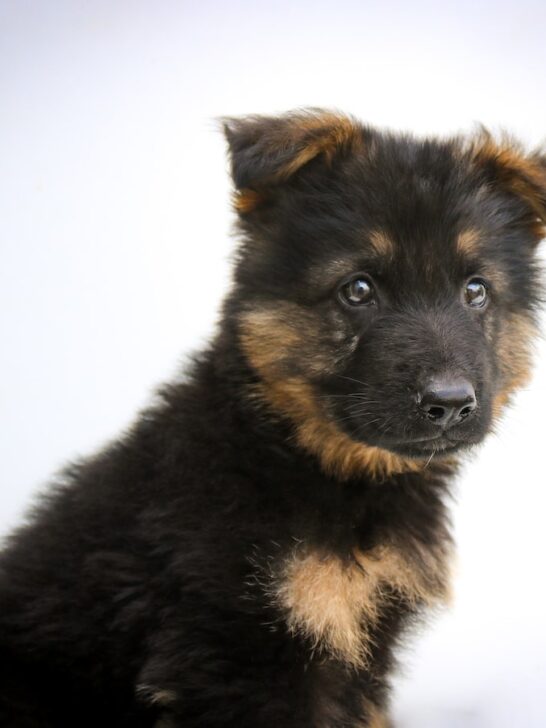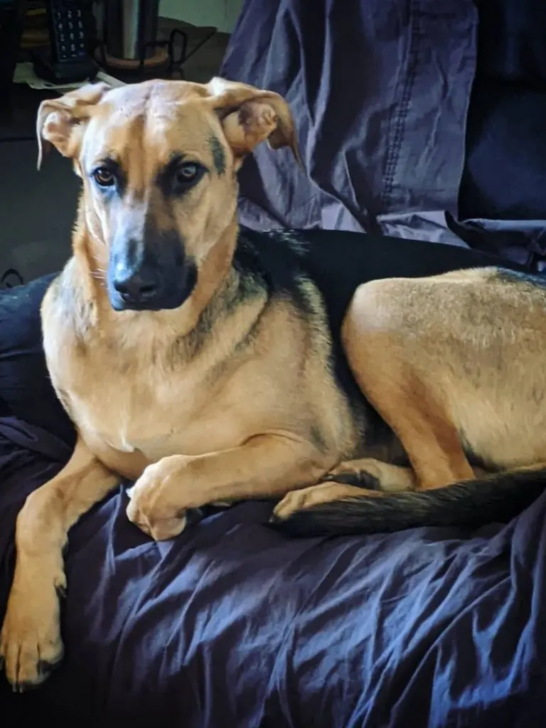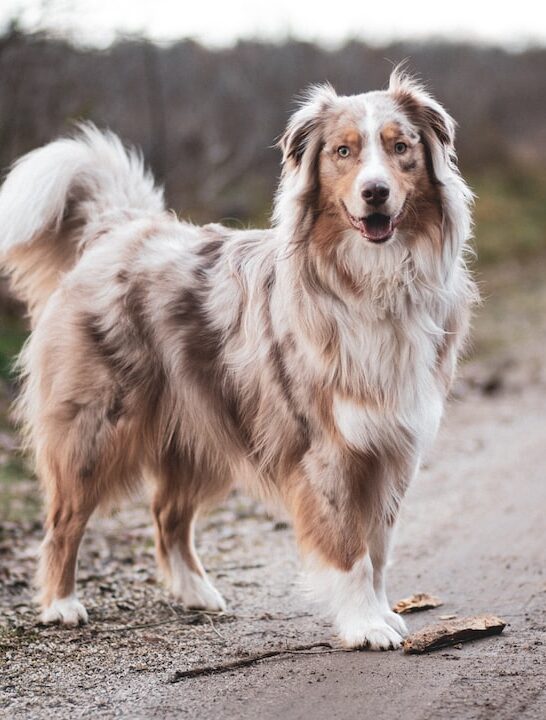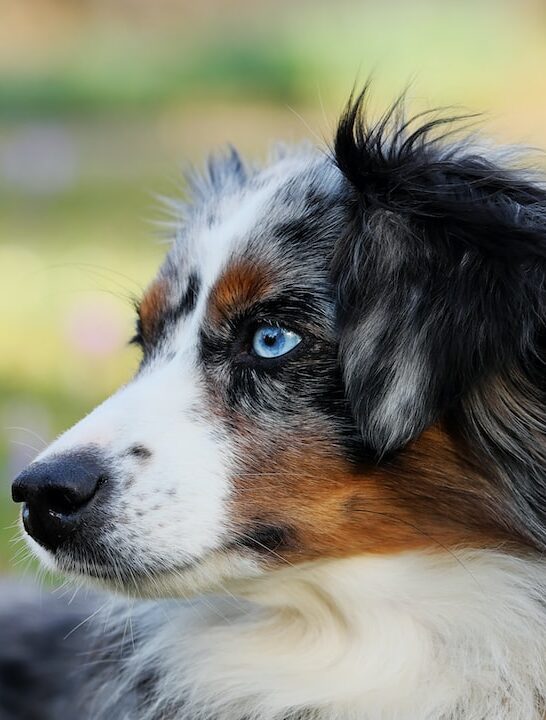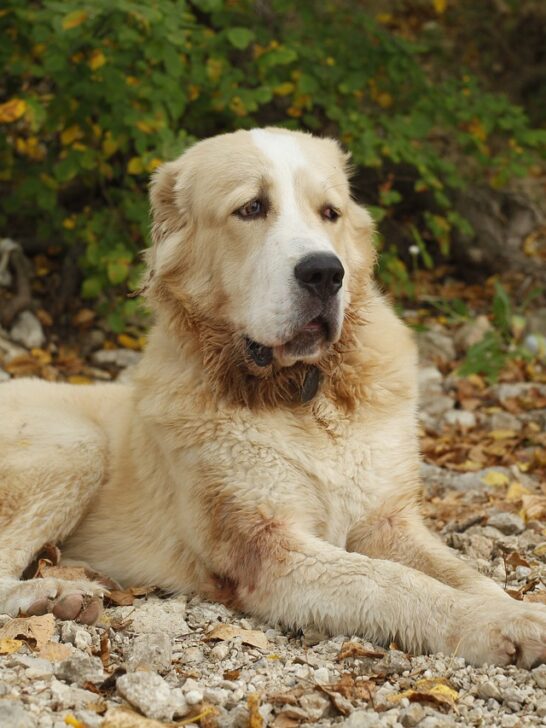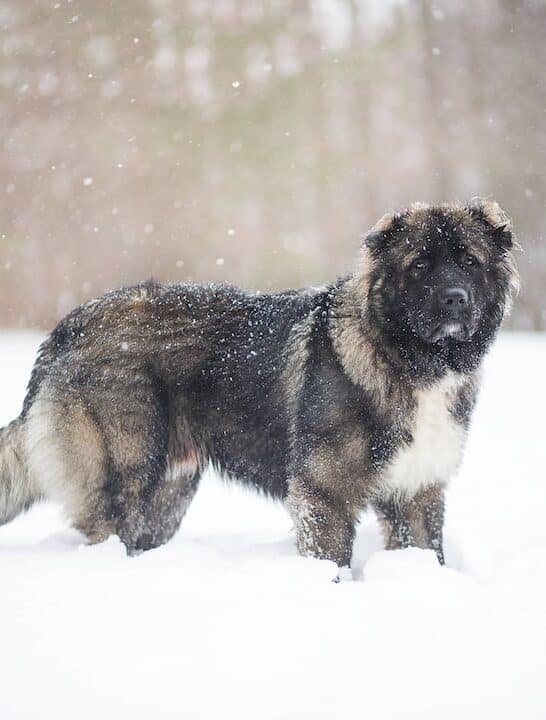Anatolian Shepherd Dog Breed Guide
|
Prefer listening over reading? We got you covered!
Getting your Trinity Audio player ready...
|
Are you looking for a loyal and protective companion? The Anatolian Shepherd breed (known also as Kangal) might be just what you need. These impressive working dogs, originating from Turkey, have been bred for centuries as livestock guardians. With their natural wariness of strangers and immense size, they excel at protecting both your family and flock.
However, training a Kangal can be challenging due to their independent nature. But don’t worry! With the right guidance and socialization, you’ll have a devoted four-legged friend by your side.
Quick Facts
Origin: Anatolian Shepherds originate from Turkey.
Size: They stand 27-29 inches tall at the shoulder. Anatolians weigh between 110-150 pounds.
Breed Group: Anatolian Shepherds belong to the working dog group.
Lifespan: Their average lifespan is 11-13 years.
Coat: They have a long, thick double coat that can be fawn, brindle, gray, or black in color.
Temperament: Anatolian Shepherds are known for being independent, loyal, protective, and territorial.
Exercise Needs: They require a high level of physical activity. Usually, needing 60-90 minutes of exercise daily.
Training: Early socialization and training are crucial. Anatolians can be somewhat stubborn learners.
Health: While generally healthy, they can be prone to health issues. Problems include hip dysplasia, elbow dysplasia, and bloat.
History of the Anatolian Breed
Kangal or Anatolian Shepherd is an ancient breed that originated in Anatolia, Turkey. Their history dates back 6,000 years. These dogs were bred to protect livestock, making them one of the oldest domestic canine bloodlines.
They are highly sought-after working dogs. These dogs are known for their ability to guard and defend herds against predators. In fact, Anatolian Shepherds have even been employed to protect endangered cheetahs in Namibia, Africa.
Did You Know?
| 1 | 2 | 3 | 4 |
|---|---|---|---|
| The biblical Book of Job describes a dog that fits the description of the Anatolian Shepherd Dog. | Anatolians were considered so valuable by Turks that they did not export their native breed until the 20th century. | Anatolian Shepherds work at Yellowstone National Park to keep both people and predators safe from harm. | The first Anatolian Shepherds came to the USA as part of a Department of Agriculture project. It was shut down due to the Great Depression. |
Physical Characteristics of Anatolian
They’re known for their imposing size and can weigh between 110 to 150 pounds for males and 80 to 120 pounds for females. Anatolian Shepherds are large, powerful dogs that make excellent livestock guardians. Their rugged appearance and protective nature evoke a sense of security and strength. With their thick double coat and strong build, they exude confidence and loyalty. These remarkable dogs have a profound sense of duty towards their family and flock. This makes them highly reliable working guard dogs. They require experienced pet parents who understand their independent nature and provide early socialization. Anatolians may seem intimidating at first. With proper training, consistency, and positive reinforcement, they become calm and loving companions. Overall, Anatolians are awe-inspiring creatures that embody bravery and devotion.
Temperament and Behavior of Anatolian Shepherds
Anatolians have an independent and protective temperament. They require early socialization and consistent training for well-balanced behavior. These dogs are naturally wary of strangers. With proper guidance and socialization, they can be great family pets.
Anatolians are calm and loyal to their family and flock. They have a tendency to bark, especially when they perceive a threat. Training them can be challenging due to their independent nature. With patience and positive reinforcement, you can achieve success.
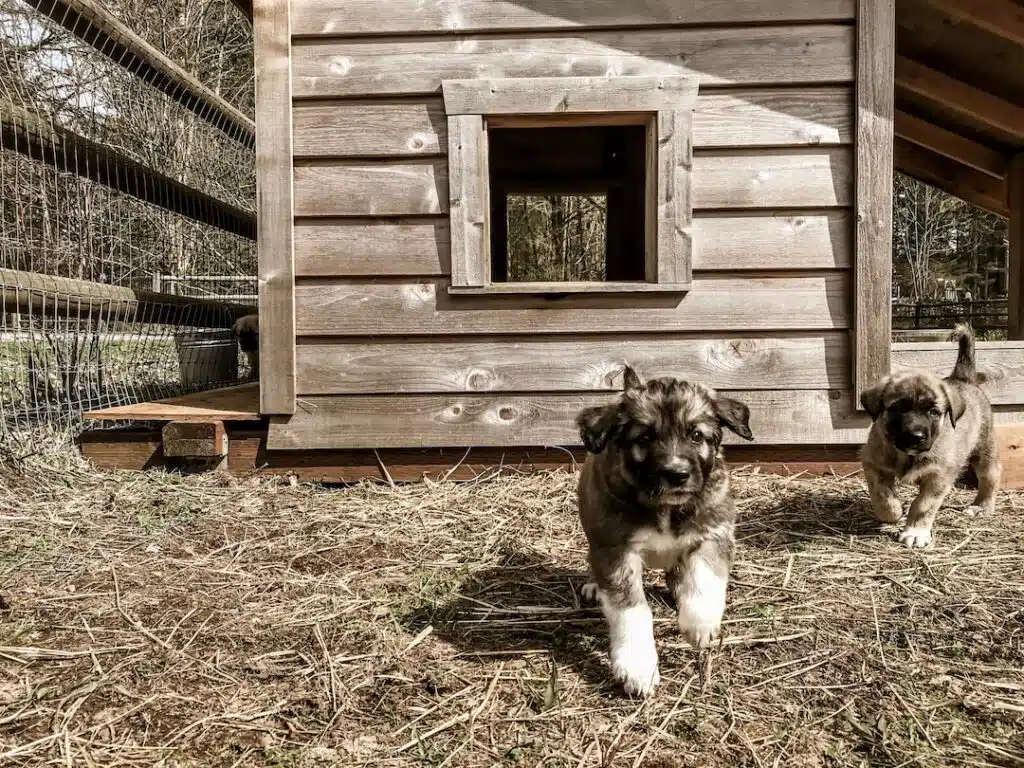
Training and Socialization for Anatolian Shepherds
Proper training and socialization are crucial for ensuring that Anatolians become well-behaved and balanced companions. These intelligent and independent dogs require guidance from an experienced pet parent. You need to help them navigate the world around them. Training an Anatolian can be challenging due to their strong-willed nature. With consistency and positive reinforcement, you can achieve success. Kangals tend to be suspicious of strangers, so exposing them to human contact is key. Early socialization is important to prevent fear-based behavior. Expose your Anatolian puppy to different people, animals, and environments from a young age.
| Training Tips | Socialization Tips |
|---|---|
| Use positive reinforcement techniques | Introduce your Anatolian to various people and animals |
| Be consistent in your commands and expectations | Expose them to different environments such as parks or busy streets |
| Start training early in their puppyhood | Encourage positive interactions during playdates or trips to the dog park |
| Provide mental stimulation through puzzle toys or obedience exercises | Attend puppy classes or group training sessions to enhance their social skills |
| Seek professional help if needed | Gradually expose them to new experiences at a pace they feel comfortable with |
Anatolian Care
Taking care of your Anatolian dog is a rewarding and fulfilling experience. These majestic creatures deserve the best dog care possible. You can provide that with just a little effort. First and foremost, it is important to understand the specific needs of an Anatolian. As a member of the Kangal breed, they require ample exercise to keep them happy and healthy. Regular walks and play sessions are a must! Additionally, grooming is an essential part of caring for your Anatolian. Their thick double coat should be brushed at least once a week to remove dead hair. This prevents matting and keeps their skin and fur in top condition.
Health Considerations for Kangals
The Anatolian Shepherd typically enjoys a relatively long lifespan, ranging from 11 to 13 years. It is generally a robust breed. Nevertheless, there are some health concerns to be mindful of. This way, you can ensure your canine companion enjoys a healthy and lengthy life.
1. Hip Dysplasia: While hip dysplasia can affect various dog breeds, it is less common in Anatolians. Signs of hip pain, such as reduced activity, hind leg lameness, or limping, should prompt a visit to your veterinarian. Treatment options may include surgery, medications, and weight management.
2. Hypothyroidism: Hypothyroidism occurs when a dog’s thyroid gland fails to produce adequate hormones for metabolism regulation. Indications of this condition include weight gain, lethargy, hair loss, infections, and potential neurological issues. A simple blood test can diagnose it, and treatment involves hormone replacement therapy.
3. Bloat (Gastric Dilatation-Volvulus or GDV): Although not common in Anatolians, bloat is a severe condition that can become life-threatening rapidly, particularly due to its larger size and broad rib cage. Immediate veterinary attention is necessary, usually involving emergency surgery. To help prevent GDV, feed your dog smaller, more frequent meals. Try using a slow feeder bowl and avoid strenuous exercise for an hour before and after meals.
4. Ear Infections: Anatolian Shepherds have heavy, drooping ear flaps. This makes them more susceptible to ear infections. Regularly inspect your dog’s ears for debris, dirt, or any signs of odor. Clean them as recommended by your veterinarian.
5. Sensitivity to Anesthesia: Some Anatolians may exhibit sensitivity to anesthesia. It’s essential to discuss this with your veterinarian before any medical procedures to ensure both you and your vet are aware of potential challenges and can take appropriate precautions.
Taking proactive steps to monitor and address these health concerns can contribute to your Anatolian Shepherd’s overall well-being and longevity.
Anatolian Shepherd Needs
This magnificent dog needs more than just love and attention. It requires a specific set of care and attention. To ensure their well-being, Anatolians need a spacious and secure environment. They are incredibly territorial and protective of their family. Daily physical exercise is a must, as it helps them release energy and stay healthy. Mental stimulation, such as challenging toys, obedience training, and sniffing exercises, are also essential to keep their intelligent minds engaged. Regular grooming is necessary to maintain their beautiful, thick coats, which helps protect them from harsh weather conditions. Lastly, providing them with a balanced diet and plenty of fresh water is crucial for their overall health and vitality. With proper care and love, Anatolians will thrive and bring a sense of security and joy to your life.
Summary of Anatolian Dog Breed Information
If you’re looking for a dependable and devoted working dog, the Anatolian is an excellent choice. With their long history as livestock guardians, they have the instincts and protective nature needed to keep your flock safe.
They may be independent and challenging to train at times. With the right guidance and socialization, they can become well-rounded companions. Remember to prioritize their health with regular veterinary check-ups and a proper diet. Anatolians are loyal, impressive dogs that will make a great addition to any experienced pet parent’s life.
FAQ
Are Anatolian Dogs good with children?
Yes, Anatolian Dogs are generally good with children. However, they are protective by nature. It is important to supervise their interactions and teach children how to behave around dogs. Always remember that Anatolian is a large dog breed. Smaller children should always be supervised when playing with Kangal dog.
Are Anatolians good guard dogs?
Yes, Anatolians are excellent guardian breed. Kangal shepherds are a very protective breed known for their ability to protect livestock. They were used to protect sheep and goats and property.
How do I groom an Anatolian?
Anatolian Dogs have a medium-length double coat that requires weekly brushing to remove loose hair. Anatolians shed twice a year and during that time they require daily brushing. They also need their nails trimmed regularly. Make sure to have their ears checked for any signs of infection.
How often should I feed my Anatolian Shepherd Dog?
The feeding requirements for an Anatolian Shepherd Dog can vary depending on their age, activity level, and overall health. It is best to consult with a veterinarian or a reputable breeder to determine the appropriate feeding schedule and portion sizes for your dog.
What is the temperament of an Anatolian?
Anatolians are known for their calm, attentive, and protective temperament. They are generally affectionate towards their family but can be wary of strangers.
Do Anatolians require obedience training?
Yes, Anatolians benefit from obedience training to ensure they understand basic commands and become well-behaved members of the family. Early socialization and consistent training are important for their well-being.
Can Anatolian Dogs live in apartments?
Anatolian Dogs are large, active dogs that require plenty of space to roam. They are not well-suited for apartment living. Kangals do best in homes with large, securely fenced yards.
How can I find a reputable breeder of Anatolians?
To find a reputable breeder of Anatolian Shepherd Dogs, you can contact the Anatolian Shepherd Dog Club of America or the Anatolian Shepherd Dog Club in your country. They can provide you with information and resources to help you find a responsible breeder.














